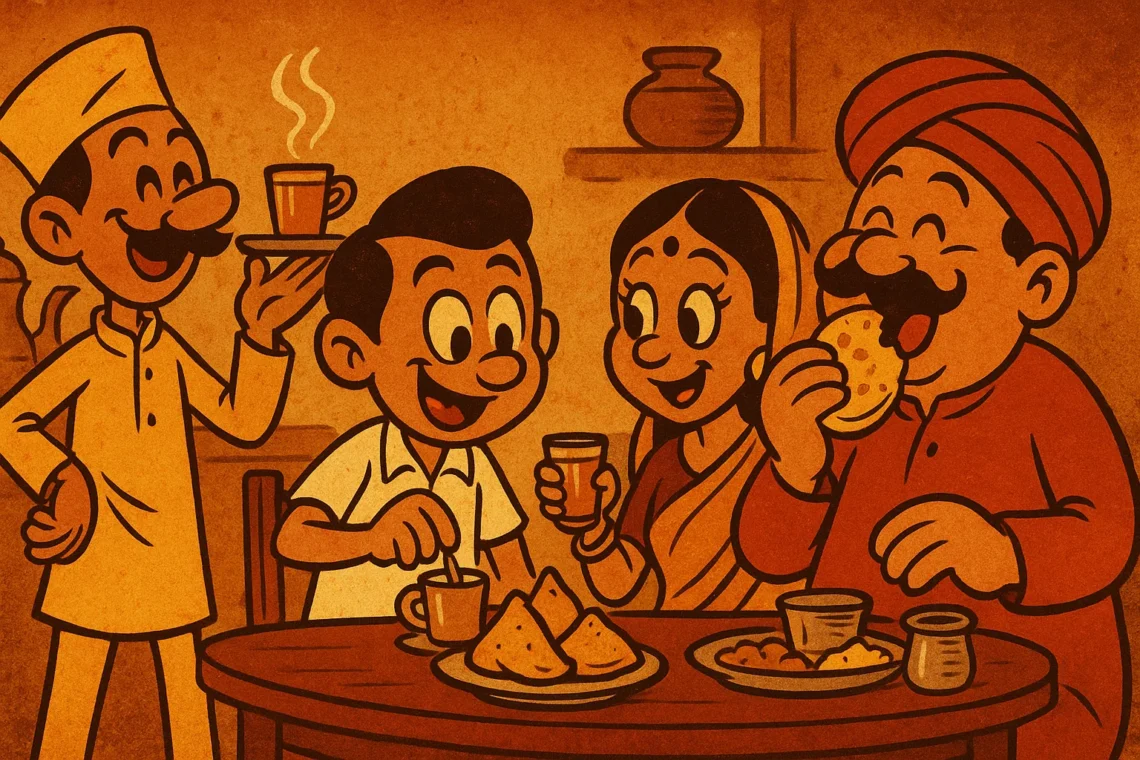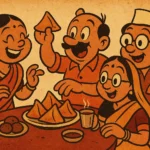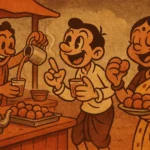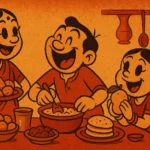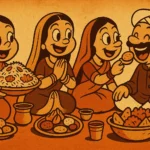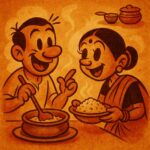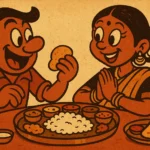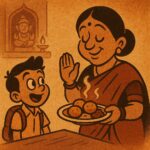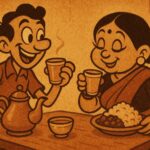There’s a certain magic in the air when you walk into an Irani café. It’s not just the smell of freshly brewed chai or the sight of the buttered bun maska waiting patiently by your side — it’s the unmistakable feeling that you’re stepping into a piece of history. An era that’s slowly fading, but somehow still clings on with every sip of tea and every bite of the warm, flaky samosa. The Irani café is an institution, a place where time slows down, conversations flow freely, and the world outside feels just a little bit more bearable. And now, with most of these iconic spots disappearing from the streets of Mumbai and beyond, the last surviving Irani café feels like a love letter to the old days — to slow spoons, strong tea, and memories that refuse to fade.
The Irani Café: More Than Just a Place to Eat
To call an Irani café just a place to eat would be an understatement. It’s a space where community, culture, and cuisine intersect. These cafés were once the heart of Bombay’s bustling streets, serving up chai, biscuits, omelettes, and keema pav to all kinds of people — from businesspeople in a rush to college students enjoying a lazy afternoon. But what made the Irani cafés unique wasn’t just the food. It was the atmosphere, the way they brought people together, the way they made you feel like you were part of something bigger than yourself.
The décor, with its worn-out wooden chairs, mismatched tables, and brass ceiling fans lazily spinning above, exuded an old-world charm. The café walls, often yellowed with age, were adorned with faded photographs of a time gone by. The waiters, often referred to as “bhaiyas,” would carry your order with a mix of grace and efficiency, balancing trays of steaming cups of chai and plates of piping hot food. There was no rush here. Meals weren’t served in a hurry, and time seemed to slow down with every sip of tea, every bite of bun maska, and every conversation that unfolded at the table.
The Last Surviving Irani Café
And now, as the last surviving Irani cafés fight to stay open in an increasingly commercialized world, it feels like we are witnessing the end of an era. With the rise of chain coffee shops and fast food outlets, the quaint charm of Irani cafés — with their slow spoons, strong tea, and signature keema pav — is becoming harder to find. Many of these cafés, once family-run businesses passed down through generations, are closing their doors as landlords raise rents and modern chains encroach on the once-vibrant streets.
But the last of these cafés — the ones that have managed to hold on — still evoke that old sense of comfort. They remind us of a time when food wasn’t just about getting a quick bite, but about experiencing something that lasted. The Irani café wasn’t just a café; it was a second home. A place where you could sit for hours, watch the world go by, and simply enjoy a cup of tea, uninterrupted. These cafés aren’t just about nostalgia; they’re about preserving a slice of cultural history, a space that fostered community and conversation in a way few places can today.
The Irani Tea: A Beverage for the Ages
No discussion about Irani cafés would be complete without mentioning the iconic chai. It’s not your average cup of tea. This is strong, sweet, milky, and a little bit spicy, with the kind of flavor that wraps you up in a warm embrace. Served in delicate, glass cups or steel tumblers, the chai at an Irani café isn’t just a drink — it’s a ritual. The waiter brings it to your table with the same care, whether you’re the CEO of a large corporation or just a student passing through.
And then there’s the bun maska — that buttery, soft bun, slathered in ghee, served with a side of sweet chai. It’s comfort food in its purest form. No need for frills or fancy plating. Just simple, humble ingredients that come together in perfect harmony. The Irani café may not offer the most sophisticated menu, but it offers something far more valuable: a sense of belonging, of community, and of a simpler time when food was about more than just fueling your body — it was about savoring the moment.
Slow Spoons, Strong Tea: A Philosophy for Life
Perhaps the most endearing part of the Irani café experience is the unspoken philosophy it embodies: slow down and savor life. In an age where everything is fast-paced, where meals are consumed in the blink of an eye, and where we rush through every aspect of our day, the Irani café invites you to take a breath. It teaches us that life is meant to be enjoyed slowly. That a cup of tea isn’t just a quick caffeine fix, but a moment to reflect, to talk, to laugh, and to simply be present.
The Irani café reminds us of the importance of savoring life’s simple pleasures. It’s not about rushing through your day, but about taking a moment to pause, to sip on strong tea, to bite into a warm bun maska, and to be part of a community. In a world that’s moving faster than ever before, these cafés offer a rare glimpse of a slower, more thoughtful way of living. A way of life that we can all learn something from.
A Love Letter to the Irani Café
As we bid farewell to these fading institutions, we remember that the Irani café was more than just a place to eat. It was a symbol of an era — a time when life moved at a slower pace, when chai wasn’t just a drink but a way of life, and when the act of sharing a meal with strangers felt like a connection to something bigger. The last surviving Irani cafés may be few and far between, but they are a reminder that sometimes the best moments in life are the simplest ones: slow spoons, strong tea, and the kind of conversations that make strangers feel less strange.
Born in Mumbai, now stir-frying feelings in Texas. Writes about food, memory, and the messy magic in between — mostly to stay hungry, sometimes just to stay sane.

